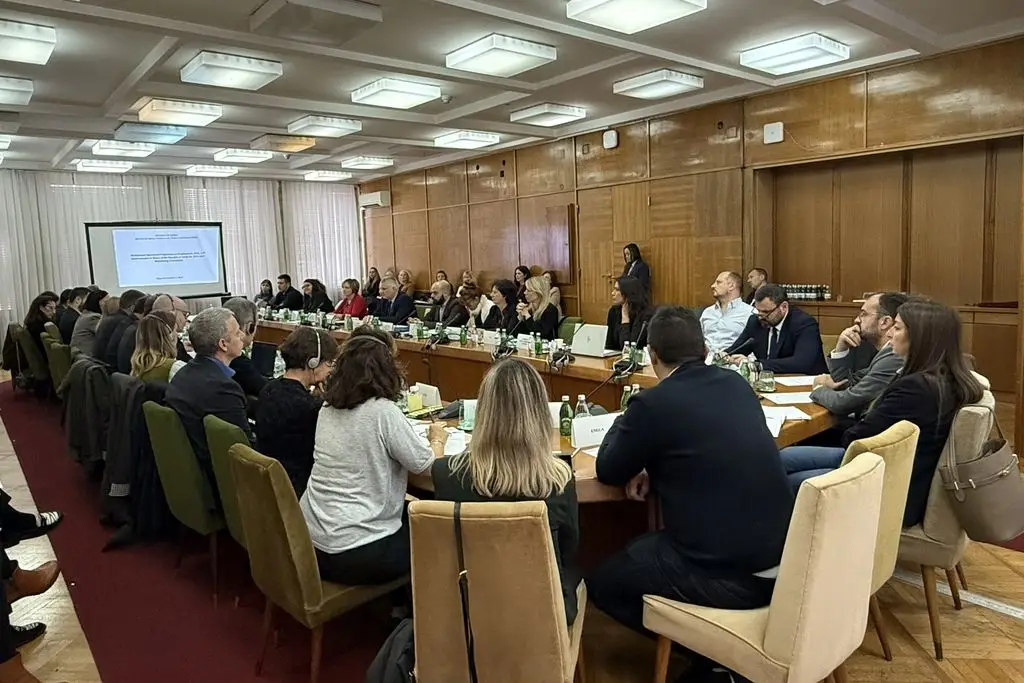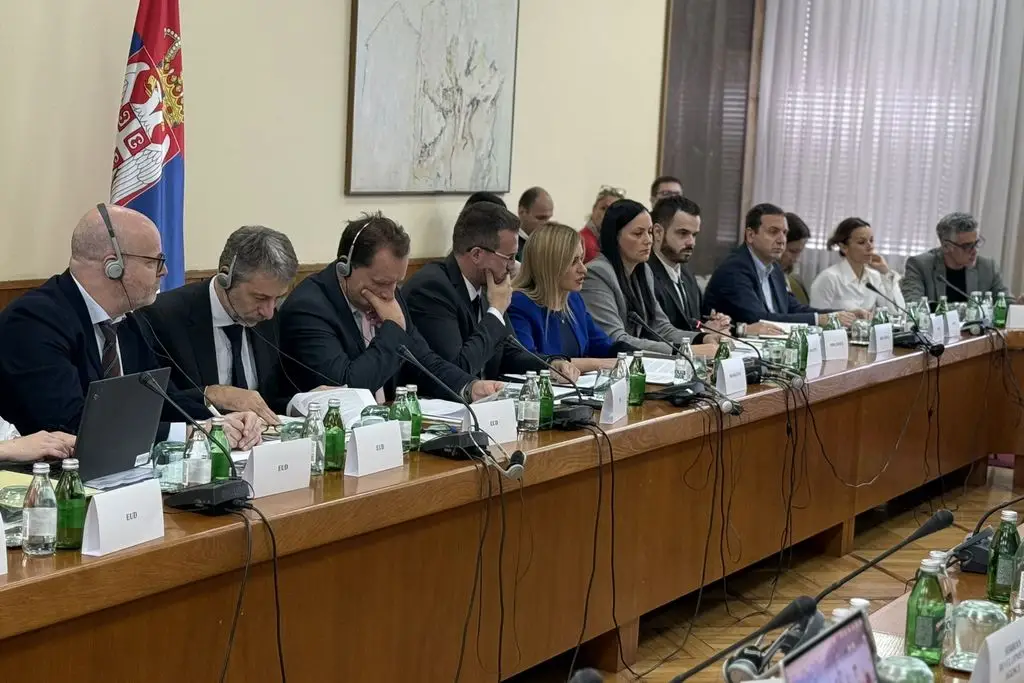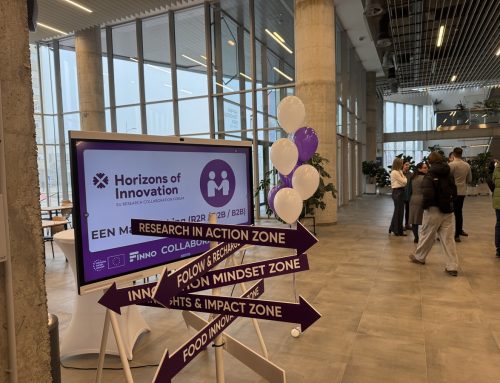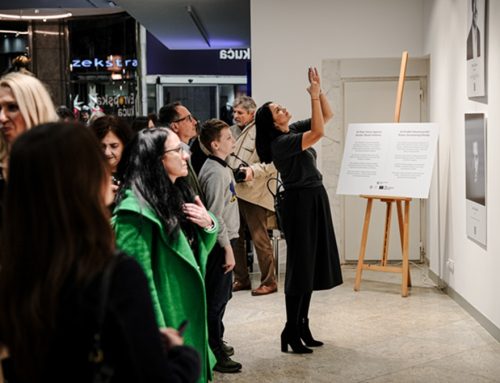Photo: Pavle Čajetinac
European Union and Government of Serbia held the inaugural meeting of the Monitoring Committee for the Operational Programme for Employment, Skills, and Social Inclusion (2024–2027), a key component of the EU’s pre-accession assistance to Serbia.
The programme, supported by €100 million contribution from the European Union, aims to strengthen employment opportunities, enhance education, promote social inclusion, and improve living conditions across the country.
Developed through a broad consultative process involving socio-economic partners, civil society, and local authorities, the Operational Programme will support young people and other vulnerable groups, build and rehabilitate social housing units, and foster the development of community-based social services.

Photo: Pavle Čajetinac
The meeting was opened by Minister Milica Đurđević Stamenkovski, and co-chaired by Danijel Igrec, Head of the Managing Authority, and Jiri Plecity, Head of Unit at the European Commission’s Directorate-General for Neighbourhood and Enlargement Negotiations.
Mr Plecity highlighted the importance of capacity-building under the programme to advance social cohesion and deliver tangible benefits to young people and vulnerable households, particularly in the areas of education, employment, and social housing, in line with the EU’s principle of leaving no one behind.
The Monitoring Committee brings together representatives of the institutions responsible for managing and implementing the programme, as well as provincial secretariats, the Standing Conference of Towns and Municipalities, the Serbian Association of Accredited Regional Development Agencies, the Development Agency of Serbia, social partners, the Conference of Universities of Serbia, and several civil society organisations selected through public calls and the National Convention on the EU.
At its first session, the Committee adopted its Rules of Procedure and endorsed the criteria that the European Commission will apply when selecting operations for funding under the Operational Programme. The Committee will meet twice a year to review and assess progress in implementing the programme.




